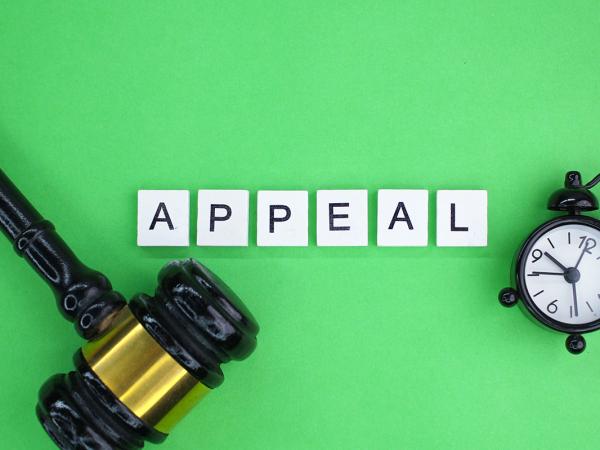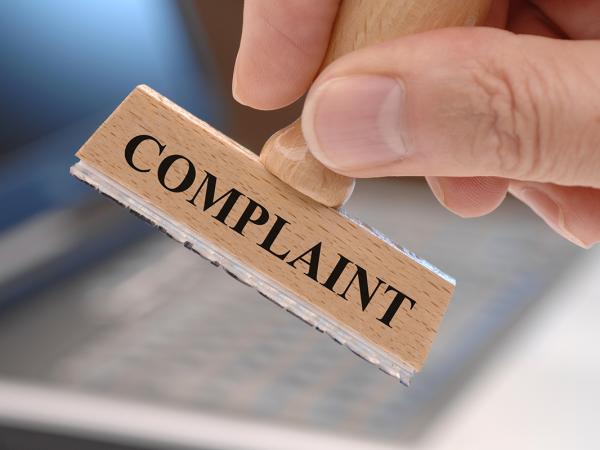Alternative dispute resolution
You may find alternative dispute resolution (ADR) useful if you are currently experiencing an enquiry by HM Revenue & Customs (HMRC) and have, thus far, been unable to bring it to an end.

Content on this page:
Introduction
ADR is a system that can be used by individual taxpayers, small and medium businesses to try and provide a quick and fair way to end disputes arising from HMRC compliance checks or enquiries. It can work alongside the appeal and review processes.
The purpose of ADR is to help resolve disputes or to get agreement on which issues need to be taken for a legal ruling.
If you decide to request ADR at the start of your dispute, you should also appeal or ask for a statutory review, to keep your legal rights. You can request ADR in respect of any appealable matter which has not yet been decided by a tribunal, and at any point other than during an internal (statutory) review.
ADR is a mediation process. It involves a specially trained mediator or facilitator working with both you and HMRC to explore ways of resolving the dispute. This may be online or by telephone. The facilitator is appointed from within HMRC, and is someone who, up until now, has had no input to your enquiry or dispute. The responsibility for settling the dispute stays with you and the HMRC officer handling your case. The facilitator will not take over responsibility for the enquiry or dispute, but will speak to both you and HMRC, and try to get you to come to an agreement.
What to expect from ADR
You can expect that the facilitator will review the case and listen to both sides. The facilitator will then be prepared to allow further discussion of facts and to listen to further arguments as to why a different interpretation might be placed on certain facts.
The facilitator’s job is to act impartially but to obtain a fair result. The system does aim to finalise matters quickly, though.
It will not be held against you if you refer your case for ADR. ADR is a service designed to help bring taxation disputes to an end. You must be prepared to listen to what the facilitator tells you and to work towards a conclusion.
ADR is a free service by HMRC, but you may have to pay any agent that acts for you.
When you can use ADR
GOV.UK explains when you can apply for ADR.
Cases unsuitable for ADR
A full list of the types of dispute that do not qualify for ADR can be found on GOV.UK.
Some common ones relating to low-income taxpayers are disputes involving:
- payments, including HMRC chasing you for a tax debt
- fixed penalties for late filing of a tax return or late payment of tax, which you might appeal for example on the grounds of reasonable excuse
- tax credits (appeals or complaints)
- Pay as you earn (PAYE) coding
- claims for tax not to be collected under Extra Statutory Concession (ESC) A19
If you still do not agree after ADR
You still have the same rights of appeal that you always had.
How to refer your case for ADR
If you think that ADR is appropriate, ask HMRC to refer your case.
You can complete an online application form.
More information
There is an overview of ADR on GOV.UK, and you can find out more by reading HMRC’s leaflet CC/FS21.
HMRC have also published alternative dispute resolution guidance. This is an internal manual for HMRC staff, but you may find it useful if you are considering ADR.



